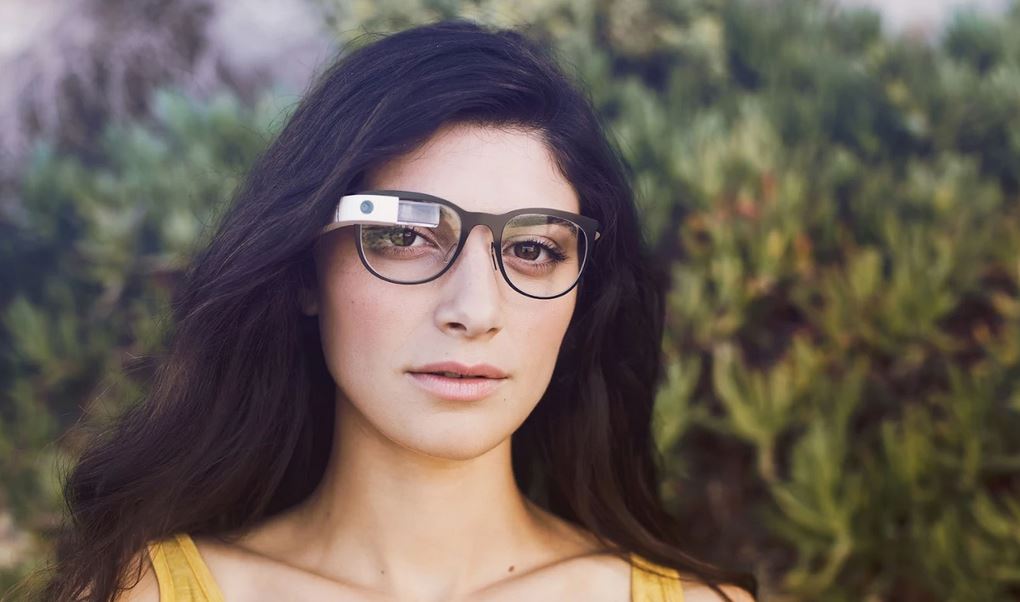

Is this the end or the beginning of Google Glass?
Google Glass gas been around for only two years but has made countless headlines ranging from predicting its success to its being banned inside movie theaters. Meanwhile, Google’s co-founder in charge of the Glass project — Sergey Brin – shrugs off this negative press while remaining an ardent proponent of the wearable device. But even though he is rarely seen without a pair wrapped around his temples, he was recently spotted at a red carpet event sans-Glass.
After telling reporters he “left his pair in the car,” Brin added fuel to the fire about a recent rumor concerning the Google Glass experiment: it’s over.
According to Reuters, nine out of the 16 Glass app makers have abandoned working on the project due to a lack of sales. And while some big name apps still remain with Glass, a few of them are choosing to part ways — most notably, Twitter. The recent departure of key Google Glass employees — like lead developer Babak Parviz — also doesn’t bode well for the future of the world’s first smartglasses.
But Intel is offering a glimmer of hope.
“Intel Inside” Your Head
Intel is responsible for powering many of the world’s personal computers. Their high-powered processors are one of the reasons computing has gone mainstream, and it’s hard to imagine building a PC without something made by the company. And soon, the same processing technology that’s inside our computer will be strapped to our heads as Intel gives Glass a much needed upgrade.
Several news outlets are reporting Intel will be supplying chips for upcoming versions of Glass. If true, all the rumors about Glass being discontinued can be thrown out the window because it’s doubtful Intel would invest in a dying product. Google is also not quite done with Glass and seems quite optimistic about the future of their wearable glasses.

Intel will soon be powering Google Glass.
Shout-out to all the amazing developers building for Glass: from running from zombies to finding your car, we’ve officially climbed into the triple digits, with 100 approved Glassware and counting. (And those are just the ones you’ll find in MyGlass.)
–Google Glass via G+
Google Glass is currently powered by Texas Instruments’ TI processor. While it’s more than capable of powering the device, Intel’s investment is significant because it confirms Glass isn’t done just yet. And because Intel has yet to make a name for itself in the wearable industry, partnering up with Google is a surefire way to make an impact.
But will better specs be enough to convince consumers to buy a pair?
Glass Still Has a Chance at Success
Glass isn’t cheap. Starting at $1,500 for the Explorer Edition model, not many people have made the purchase. Google’s reluctance to release official sales figures has also made it difficult to predict how many people own a pair, but it’s estimated around 300,000 people have taken the plunge.
While Glass hasn’t hit the mainstream yet, other wearable technology is already prevalent. Smartwatches, fitness bands, and cameras can all be seen strapped to people’s bodies, soit only makes sense for eyewear to become “the next big thing.” But it won’t happen exactly like you would think.
When Google announced their “Glass at Work” program earlier this year, they made it clear that wearable technology has its place in the business world. This is good news for Intel because they too believe the same thing — hence their recent acquisition of Basis Science, a wearable device technology firm specializing in the health industry.
Doctors are already using Glass to save lives as evidenced by Boston’s Beth Israel Deaconess Medical Center. There, emergency room physicians have been using Glass to access information without having to take their eyes off patients — something that has never been possible before. The program is still in the beta testing phase, but so far the results have been successful and several lives have been saved thanks to Google.
Because Google and Intel are on the same page regarding the future of wearable technology, Glass has the potential to make an impact despite not being a commercial success. And with sales forecasted to reach over 21 million units in three short years, it’s only a matter of time before we start hearing the phrase, “OK Google,” everywhere we go — especially at the doctor’s office.
Or maybe there’s still time for consumers to take notice.
What do you think? Can Intel help Google make Glass a success? Will Glass make an impact in the healthcare industry? What other businesses could benefit from Glass? Let us know in the comments below!

